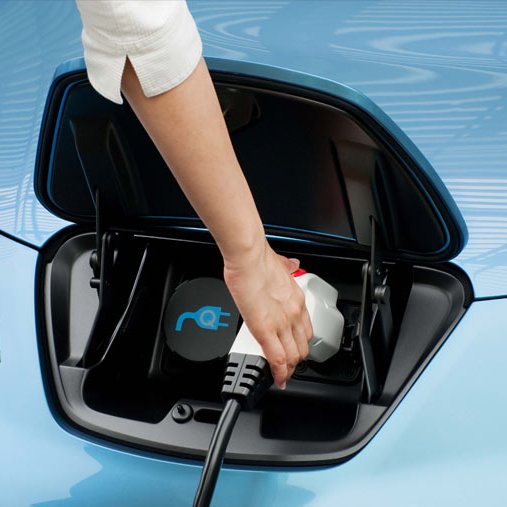

Dyson has admitted that its development of an electric car has been axed, after the firm said it “simply cannot make it commercially viable.”
The admission came in an Dyson Automotive update, which also stated that the firm had tried but failed to find a buyer for the project. It means that 500 jobs in the UK are at risk.
It was back in March 2016, when government documents revealed that Dyson, best known for its vacuum cleaners, hand dryers and fans, was working on electric car technology at its factory in Wiltshire.
Those documents also revealed that Dyson received government funding to help in the project.
“The government is funding Dyson to develop a new battery electric vehicle at their headquarters in Malmesbury, Wiltshire,” said the National Infrastructure Delivery Plan at the time. “This will secure £174m of investment in the area, creating over 500 jobs, mostly in engineering.”
But now three years later, Sir James Dyson has confirmed the project is dead.
The automotive division overall is thought to have employed 523 staff in total, 500 of whom are based in the UK.
“The Dyson Automotive team have developed a fantastic car; they have been ingenious in their approach while remaining faithful to our philosophies,” wrote Sir James. “However, though we have tried very hard throughout the development process, we simply cannot make it commercially viable.
“We have been through a serious process to find a buyer for the project which has, unfortunately, been unsuccessful so far,” Sir James wrote. “I wanted you to hear directly from me that the Dyson Board has therefore taken the very difficult decision to propose the closure of our automotive project.”
Sir James said that this was not a product failure, or a failure of the team, and that the firm is “working to quickly find alternative roles within Dyson for as many of the team as possible and we have sufficient vacancies to absorb most of the people into our Home business.”
“For those who cannot, or do not wish to, find alternative roles, we will support them fairly and with the respect deserved,” he added. “This is a challenging time for our colleagues and I appreciate your understanding and sensitivity as we consult with those who are affected.”
Dyson had said in October 2018 that its electric car would be built in a new plant in Singapore (which was due to open next year), with the first vehicles to roll off the production line in 2021. But this will not longer happen.
Going forward, Sir James said that Dyson would “concentrate on the formidable task of manufacturing solid state batteries and other fundamental technologies which we have identified: sensing technologies, vision systems, robotics, machine learning, and AI offer us significant opportunities which we must grab with both hands.”
So battery development will remain a focus for the company in the years ahead, after Sir James revealed in March 2016 that it was investing £1bn on developing electric batteries over the next five years.
And the company is no longer British.
In January 2019 Dyson announced that it was moving its headquarters to Singapore, from Malmesbury in Wiltshire.
It said the moving of its headquarters to Singapore was for commercial reasons, and had nothing to do with Brexit, which Sir James has supported.
Zuckerberg seeks to revive Facebook's original spirit, as Meta launches Facebook Friends tab, so users…
Notable development for Meta, after appeal against 2021 WhatsApp privacy fine is backed by advisor…
First sign of shakeup under new CEO Lip-Bu Tan? Three Intel board members confirm they…
Trump's nominee for SEC Chairman, Paul Atkins, has pledged a “rational, coherent, and principled approach”…
After being 'retired' by Intel's board of directors, ex-CEO Pat Gelsinger has joined a VC…
President touts easing Chinese tariffs to facilitate TikTok sale, and also implements 25 percent tariff…